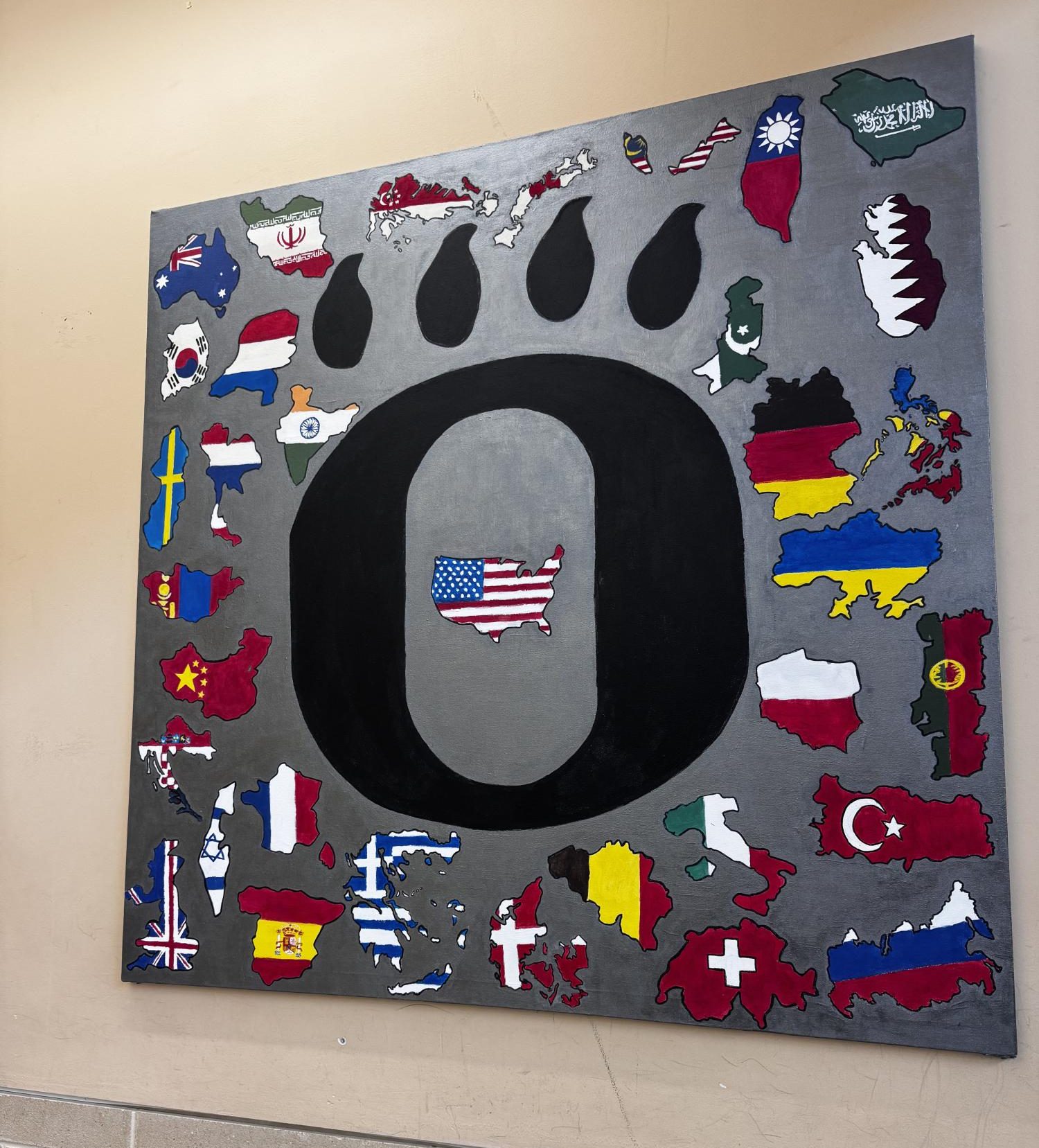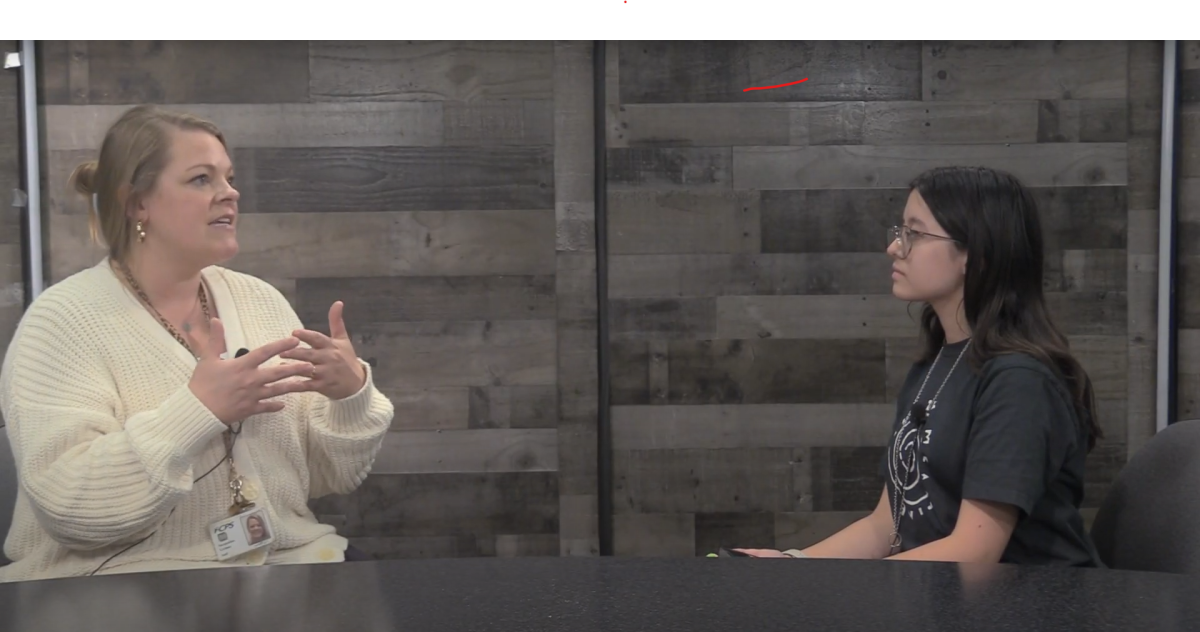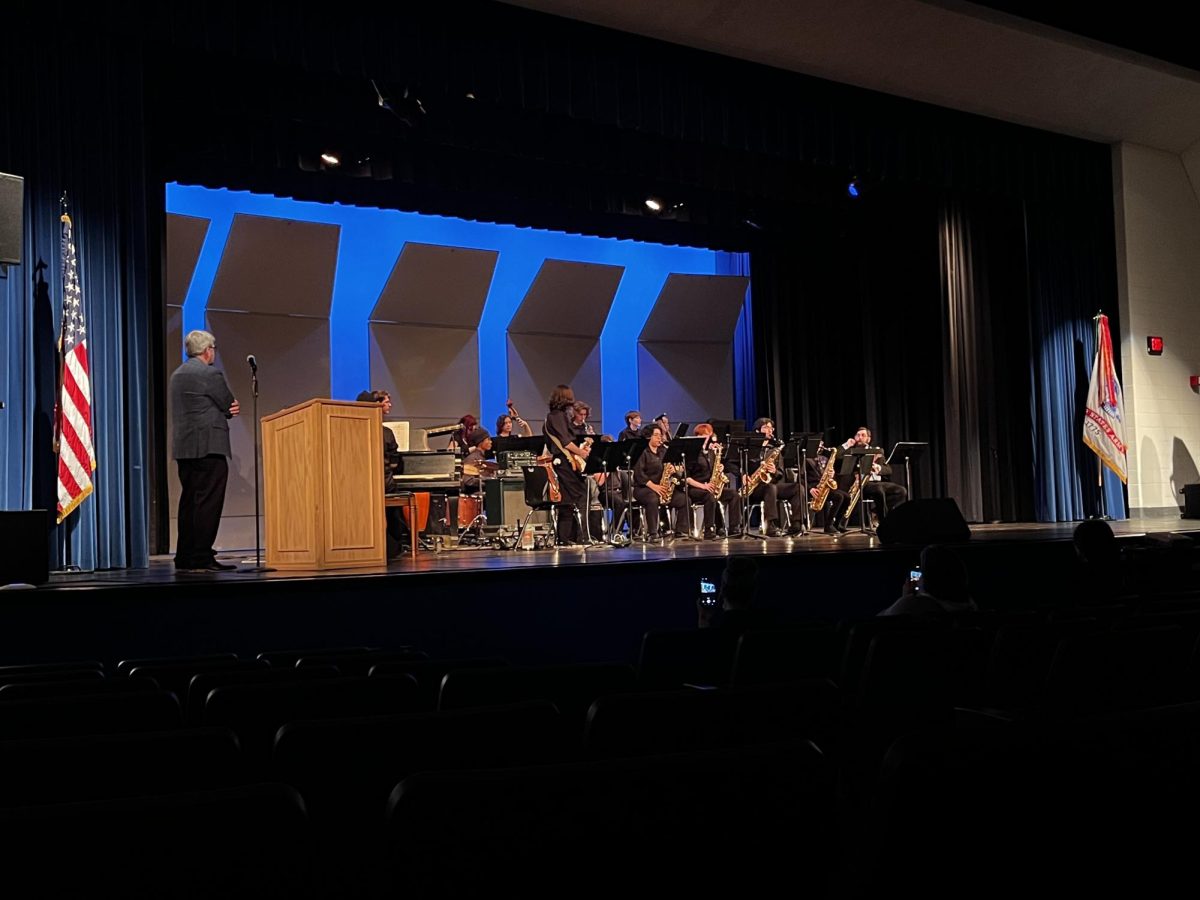Fact: During Donald Trump’s first term in office, hate crimes surged by 20%.
Additionally, the hate-murder rate reached a 30-year high.
In 2019 alone, there were 7,314 hate crimes committed in the United States.
These disheartening statistics will be the lasting legacy of Trump’s political career, and, as the President-elect revs up for his second stint in office, the culture can only get worse.
Cultural identity—based on race, religion, sexuality, gender, etc.—is vital to personhood; the place and people someone originates from is instrumental to the person they become. The rising rates of hate crimes and speech, both from extremist groups and the President-elect, decreases the comfortability, freedom, and expression from these minority groups. Now, it’s increasingly necessary to be able to reconcile cultural differences with the world of hate and to be empathetic to cultures different from one’s own.
“In my opinion, empathy for other cultures creates opportunities for greater inclusivity and more meaningful connections with those around us,” Oakdale senior and Multicultural Club President Phoebe Kim expressed. “Cross-cultural awareness provides us with perspective on the behaviors of others and allows us to interact with them on a more personal level. Being empathetic allows for more effective, meaningful communication and deepens our appreciation for diversity.”
The American belief in freedom and independence is reliant upon distinct cultural identities. Contrary to President-elect Trump’s claims about immigrants “poisoning the blood of [the] country,” diversity is the greatest virtue of the United States. Where America has been described as a melting pot of culture, being synthesized into one, it is far more successful as a quilt, with distinct cultures joined together by the common thread of American identity. Look to the cultural success of diaspora communities: Chinatowns, Little Italys, Japantowns have sprung up across the country, contributing greatly to the social and culinary fabric of their respective regions. The idea that immigrants, legal or otherwise, are threatening that culture is categorically untrue and textbook xenophobia, giving way to hate speech.
Hate speech exists, according to freshman Arianna Juarez, because of “feelings of persecution and insecurities from past generations coming down to newer ones. They feel the need to put down others because they believe they aren’t equals.” These misguided insecurities manifest themselves as aggression towards people different from oneself. Avoiding this symptom of cultural self-consciousness isn’t easy, especially, Kim says, in the current era of social media polarization and extremism. The solution is attempting to understand rather than hate. Trying to appreciate diverse beliefs and backgrounds, in earnest, deepens your appreciation of other cultures, and your own, dramatically.
As we enter the second era of Donald Trump in the White House, and the simmering undercurrent of hate speech in this country once again reaches its boiling point, being empathetic to other cultures is all the more vital. It is important to remember that, even as xenophobia takes the highest office, it does not define the country, and that the citizens have the power to rectify it.









